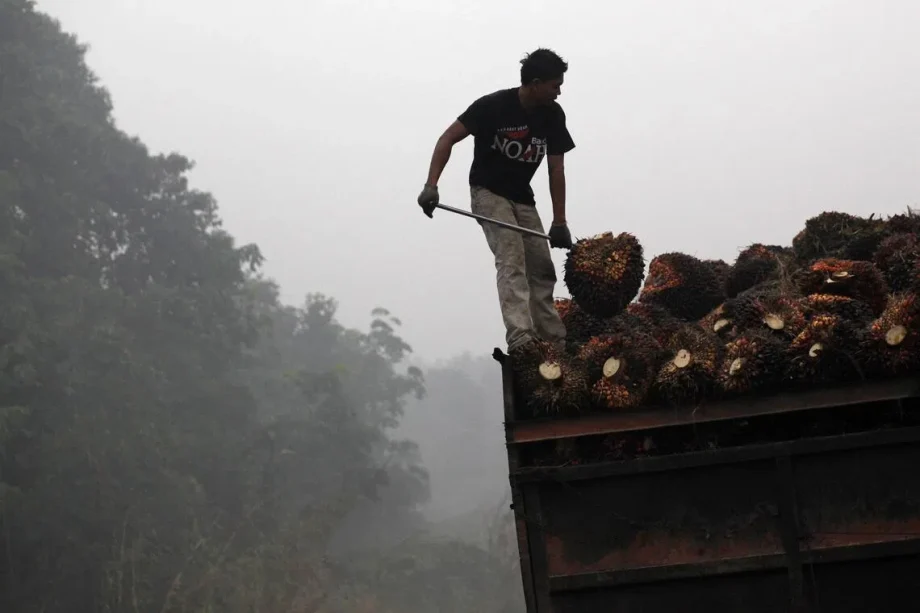SINGAPORE – Even in a world committed to tackling climate change, premature deaths associated with air pollution could still rise in South-east Asia, new research has found.
Premature deaths are considered as such when they happen before the average life expectancy, typically due to preventable causes like socio-economic and environmental factors.
The findings by researchers from the Nanyang Technological University (NTU) and Macao Polytechnic University in China show that taking steps to deal with climate change may not necessarily help to reduce air pollution. Targeted measures to reduce the release of toxic particles are also needed to keep people safe.
Human activity, such as the burning of fossil fuels and deforestation, are major drivers of climate change. These gases trap the sun’s heat, raising global temperatures.
Within the region, PM2.5 – fine particulate matter that is a key component of air pollution – come directly from sources like fossil fuel combustion and vehicle exhaust, or is formed from chemical reactions between gases in the air.
As at 2024, more than 90 per cent of people living in East and South-east Asia
breathe air considered unsafe by the World Health Organisation
, according to the UN Environment Programme website.
In 2019, 64 per cent of total PM2.5 pollution in the region originated from sources like burning of biomass like wood, residential activities and fossil fuel combustion, said Professor Steve Yim, who led the study.
These pollutants, measuring no more than 2.5 micrometers in diameter, can penetrate the lungs and bloodstream, causing respiratory and cardiovascular diseases.
They are affected by climatic and meteorological conditions, such as wind, temperature and humidity. Each parameter affects how the pollutant is formed, dispersed and removed, said Prof Yim, who also heads the NTU Centre for Climate Change and Environmental Health.
But climate-driven impacts on PM2.5, human health and the economy in South-east Asia have not been thoroughly evaluated, the study noted.






